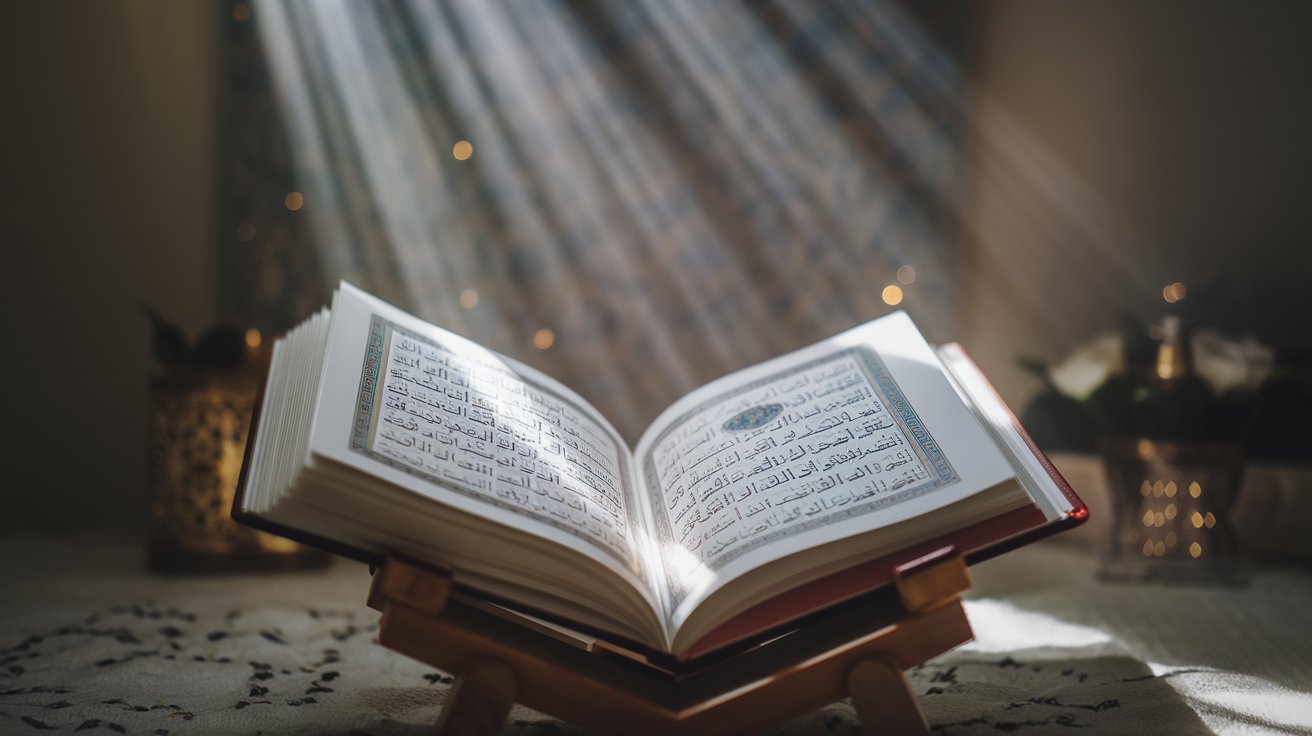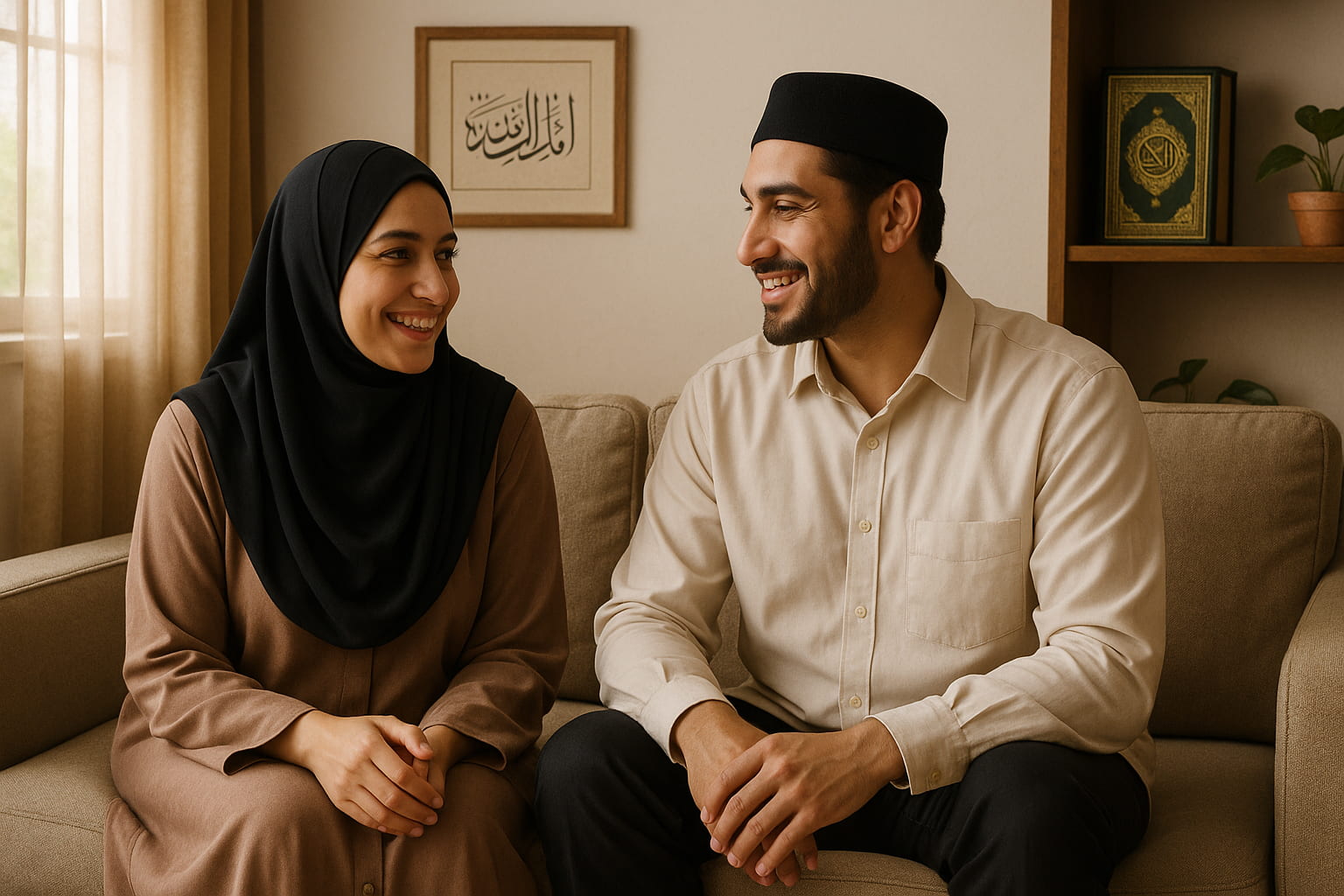Forgiveness is one of the most beautiful attributes of Allah, who is known as Al-Ghafoor (The Most Forgiving). As humans, we are prone to make mistakes, but Allah, in His infinite mercy, has provided us with ways to seek forgiveness through the Quran. The act of seeking forgiveness, or dua for forgiveness, is not only a means of cleansing our souls but also a way to draw closer to Allah. This article highlights five powerful Quranic duas for forgiveness, their benefits, and how they can transform our lives.
Duas for Forgiveness from the Quran
1. Surah Al-Baqarah (2:286)
Arabic:
رَبَّنَا لَا تُؤَاخِذْنَا إِن نَّسِينَا أَوْ أَخْطَأْنَا ۚ رَبَّنَا وَلَا تَحْمِلْ عَلَيْنَا إِصْرًا كَمَا حَمَلْتَهُ عَلَى الَّذِينَ مِن قَبْلِنَا ۚ رَبَّنَا وَلَا تُحَمِّلْنَا مَا لَا طَاقَةَ لَنَا بِهِ ۖ وَاعْفُ عَنَّا وَاغْفِرْ لَنَا وَارْحَمْنَا ۚ أَنتَ مَوْلَانَا فَانصُرْنَا عَلَى الْقَوْمِ الْكَافِرِينَTranslation:
“Our Lord, do not impose blame upon us if we forget or make a mistake. Our Lord, and lay not upon us a burden like that which You laid upon those before us. Our Lord, and burden us not with that which we have no ability to bear. And pardon us; and forgive us; and have mercy upon us. You are our protector, so give us victory over the disbelieving people.”
2. Surah Al-Imran (3:147)
Arabic:
رَبَّنَا اغْفِرْ لَنَا ذُنُوبَنَا وَإِسْرَافَنَا فِي أَمْرِنَا وَثَبِّتْ أَقْدَامَنَا وَانصُرْنَا عَلَى الْقَوْمِ الْكَافِرِينَTranslation:
“Our Lord, forgive us our sins and the excess [committed] in our affairs and plant firmly our feet and give us victory over the disbelieving people.”
3. Surah Al-Araf (7:23)
Arabic:
قَالَا رَبَّنَا ظَلَمْنَا أَنفُسَنَا وَإِن لَّمْ تَغْفِرْ لَنَا وَتَرْحَمْنَا لَنَكُونَنَّ مِنَ الْخَاسِرِينَTranslation:
“They said, ‘Our Lord, we have wronged ourselves, and if You do not forgive us and have mercy upon us, we will surely be among the losers.'”
4. Surah Ghafir (40:55)
Arabic:
وَاسْتَغْفِرْ لِذَنبِكَ وَسَبِّحْ بِحَمْدِ رَبِّكَ بِالْعَشِيِّ وَالْإِبْكَارِTranslation:
“And ask forgiveness for your sin and exalt [Allah] with praise of your Lord in the evening and the morning.”
5. Surah Al-Nasr (110:3)
Arabic:
فَسَبِّحْ بِحَمْدِ رَبِّكَ وَاسْتَغْفِرْهُ ۚ إِنَّهُ كَانَ تَوَّابًاTranslation:
“Then exalt [Him] with praise of your Lord and ask forgiveness of Him. Indeed, He is ever Accepting of repentance.”
Here are additional subheadings with an informative intent to enhance the content and educate your audience about these duas for forgiveness:
The Importance of Seeking Forgiveness in Islam
Forgiveness is a cornerstone of Islamic teachings. It not only purifies the heart and soul but also helps believers maintain a strong relationship with Allah. Islam encourages consistent repentance as it reflects humility and accountability for one’s actions. The act of seeking forgiveness also serves as a reminder of Allah’s boundless mercy and His willingness to pardon even the gravest sins.
The Role of Forgiveness in Personal Growth
Seeking forgiveness is not just about erasing sins; it’s also a tool for personal growth. When we repent, we acknowledge our mistakes and make a conscious effort to improve ourselves. This process fosters self-awareness, patience, and resilience, ultimately leading to a more fulfilled and spiritually enriched life.
Benefits of Reciting Duas for Forgiveness
- Spiritual Cleansing: Erases sins and purifies the soul.
- Closer Connection to Allah: Strengthens the bond with the Creator by acknowledging His mercy.
- Inner Peace: Brings comfort and tranquility by alleviating guilt.
- Divine Mercy and Blessings: Attracts Allah’s mercy and opens doors to blessings.
- Hope and Optimism: Instills hope by reminding believers of Allah’s endless forgiveness.
- Strengthens Faith: Enhances reliance on Allah’s mercy and power.
How These Duas Can Impact Your Daily Life
Incorporating these duas for forgiveness into your daily routine can bring significant spiritual and emotional benefits. Regular recitation can help alleviate feelings of guilt, reduce stress, and provide a sense of relief. Additionally, these supplications remind believers of Allah’s constant presence, guiding them toward a life of righteousness and peace.
How to Seek Forgiveness Effectively
- Sincerity in Dua: Pray with a humble heart and true remorse for past sins.
- Consistency in Supplication: Make it a habit to recite these duas daily, especially during early mornings and after Salah.
- Repent and Refrain: Commit to avoiding the sin you seek forgiveness for.
- Use the Right Times: Recite these duas during special times like Tahajjud, Ramadan, or on Fridays.
- Encourage Others: Share these duas with family and friends to collectively benefit.
Conclusion
Seeking forgiveness is a profound act of worship that demonstrates humility and reliance on Allah. The Quran offers several beautiful supplications to cleanse the heart and bring us closer to the Almighty. By reciting these duas for forgiveness, we can attain spiritual renewal, inner peace, and Allah’s boundless mercy. Let these supplications guide you towards a life of repentance, gratitude, and unwavering faith.










